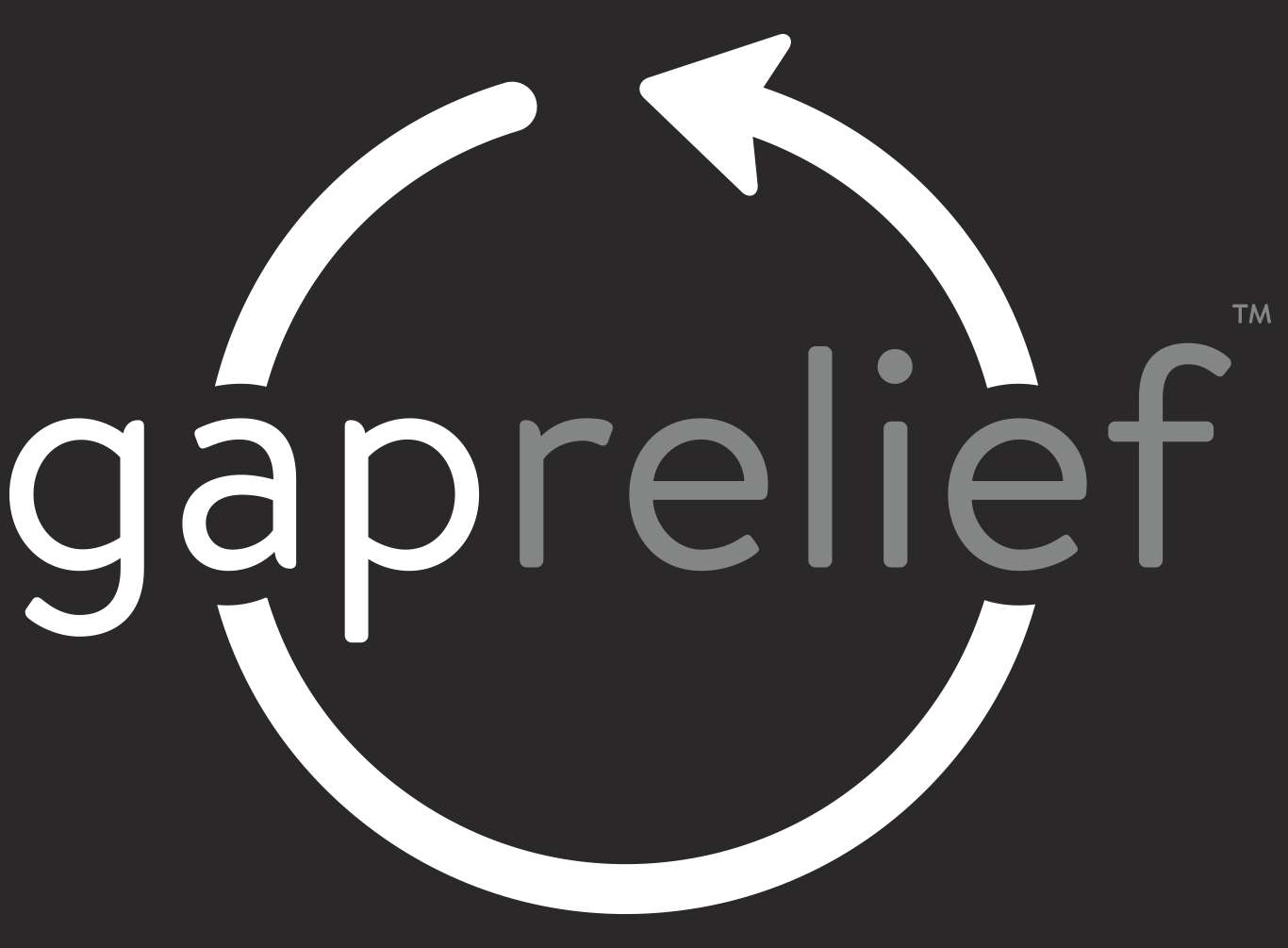Navigating Relationships During the Holidays
A couple of weeks ago, we released a blog post about how difficult the holiday season can be for us as helpers. We in this world are by nature trauma-impacted, so entering what should be a joyful and magical time when we are so highly aware of the hardships in our communities can be tough. Another big part of the holiday season are the relationships and connections that we encounter. High stress levels, expectations, and fitting our trauma-informed worldview into situations where a trauma-informed perspective is often severely lacking can be difficult. Today, we are talking all about how we helpers can navigate these relationships well through the season.
We know that struggling relationally during the holidays is common for everyone, not only the helper community. However, our trauma-exposure adds another layer to an already difficult season to navigate. As the seasonal stress we discussed previously accumulates, it makes sense that it would transfer into the connections around us. We have less relational capacity than we usually do as our stress levels creep higher, which can lead to confusion and a struggle to make sense of the clash between our worlds. No one wants to be the proverbial wet blanket during the holidays–and as people who are so very aware of the pain and heartbreak around us, it can be difficult not to shut down, show more frustration, and everything in between. This is not even accounting for the possible family-of-origin hardships that many already face in the community at large.
When we are trauma-informed, it can be difficult to engage relationships that are not. When we are with extended families and others we are not normally around, it is not uncommon for topics and worldviews to bring forward opinions which may be less trauma-informed than our own. We see the struggles up-close and personally where our families may not. This affects our views and opinions on these topics greatly, and it can be hard to even sit in them quietly, much less engage in these conversations and relationships when they touch a place of pain for us.
We’re talking about teachers listening to opinions about parenting and poverty when they know that the families they serve are severely under-resourced and that the problem isn’t so simple. We’re talking about police officers struggling to sit in conversations about crime levels and body cameras when their family members have no idea how nuanced and complicated these issues actually are. We’re talking about foster parents hearing about their kids’ behaviors as if neurotypical parenting and family dynamics work for them.
These examples and so many more are exactly why the holidays can be a painful reminder of the isolation that can occur due to our “yes.” Our people don’t always understand our choices and awareness of this reality can be especially hurtful this time of year. Receiving mostly well-intentioned comments like “That’s so dangerous, you should just quit.” or “Your life would be so much easier without this stress.” can be hard to hear, especially when our mission is so close to our heart. In these spaces, it is important to remember our “why” and even practice resourcing ourselves to remain regulated and confident in what we do for the communities we serve. Closing our eyes and envisioning why we said “yes”, our purpose behind that yes, and confessing the pain that may show up there to our trauma-informed people can be huge in staying connected to fellow helpers and maintaining our health in these situations.
So how can we survive and even enjoy these relationships during the holidays? We encourage finding places of connection in the midst of the disconnection and intentionally fostering those conversations. Even if these points of connection are far-removed from our typical everyday lives, sticking with safer topics can be the key to finding joy even in the hard. It’s important to remember that surface-level conversations do not always mean fake conversations.It is possible to prevent potentially sticky topics without losing who we are, and this practice may just lead to the joy and connection we need to keep saying yes to our mission.

